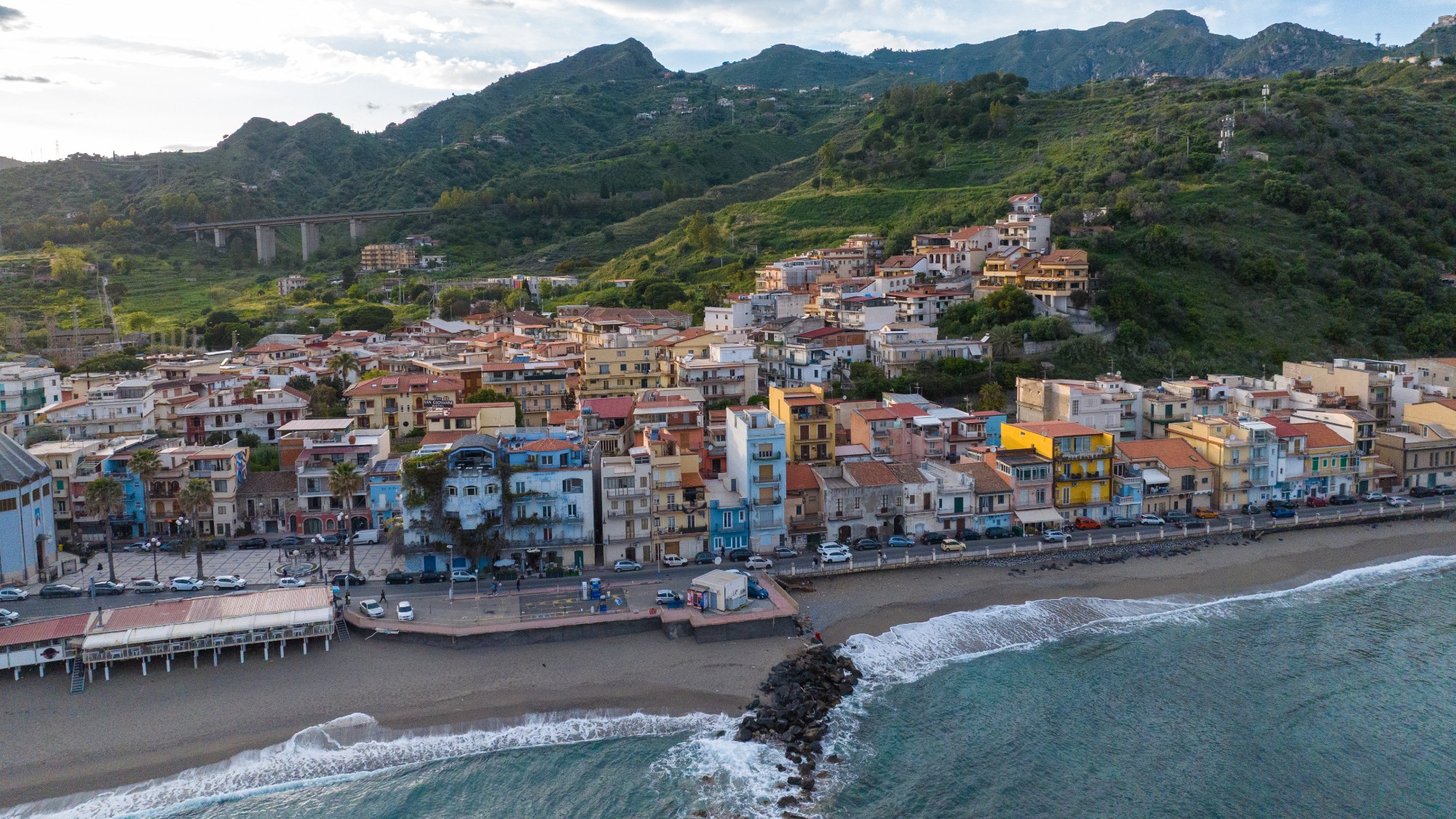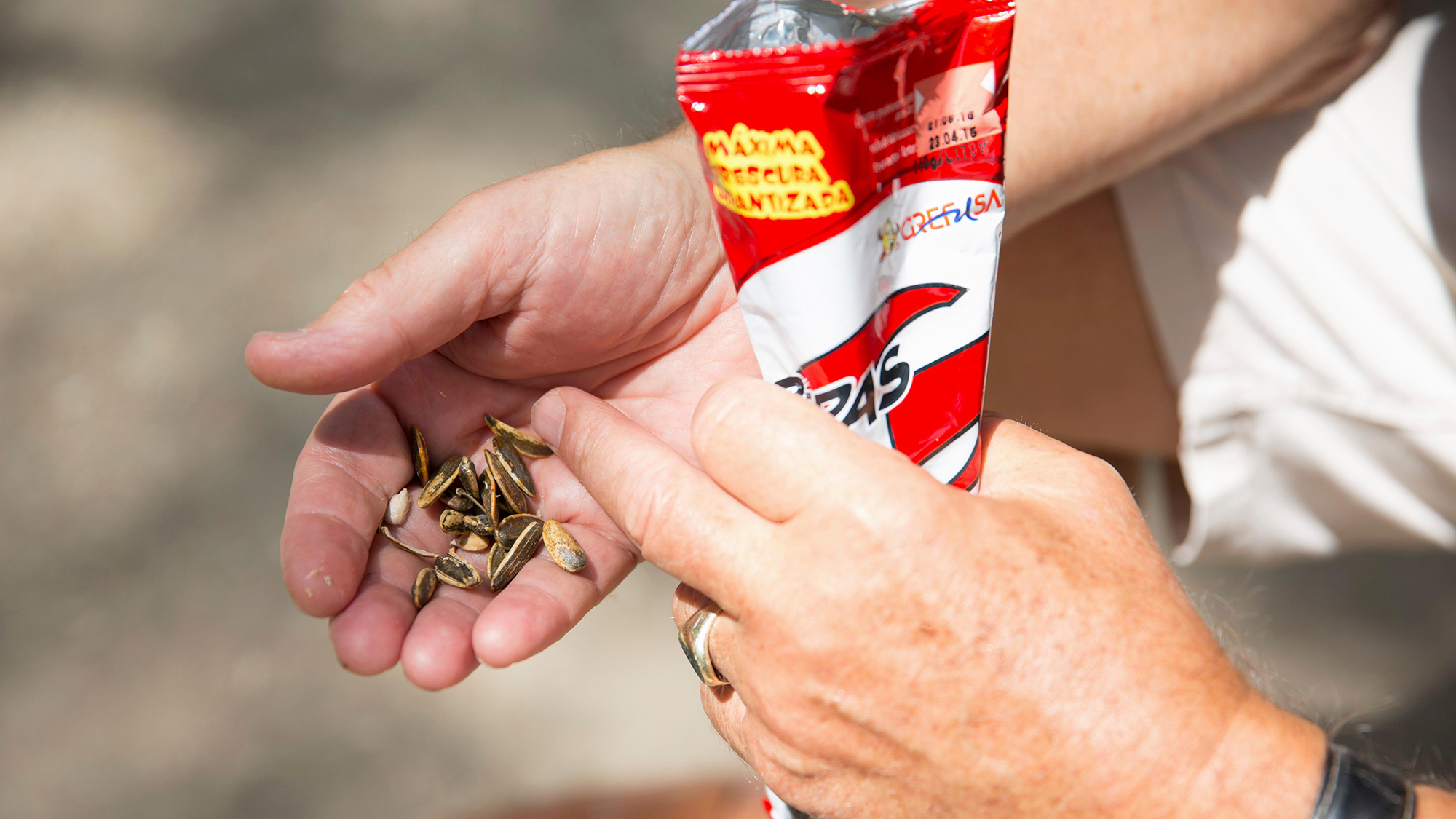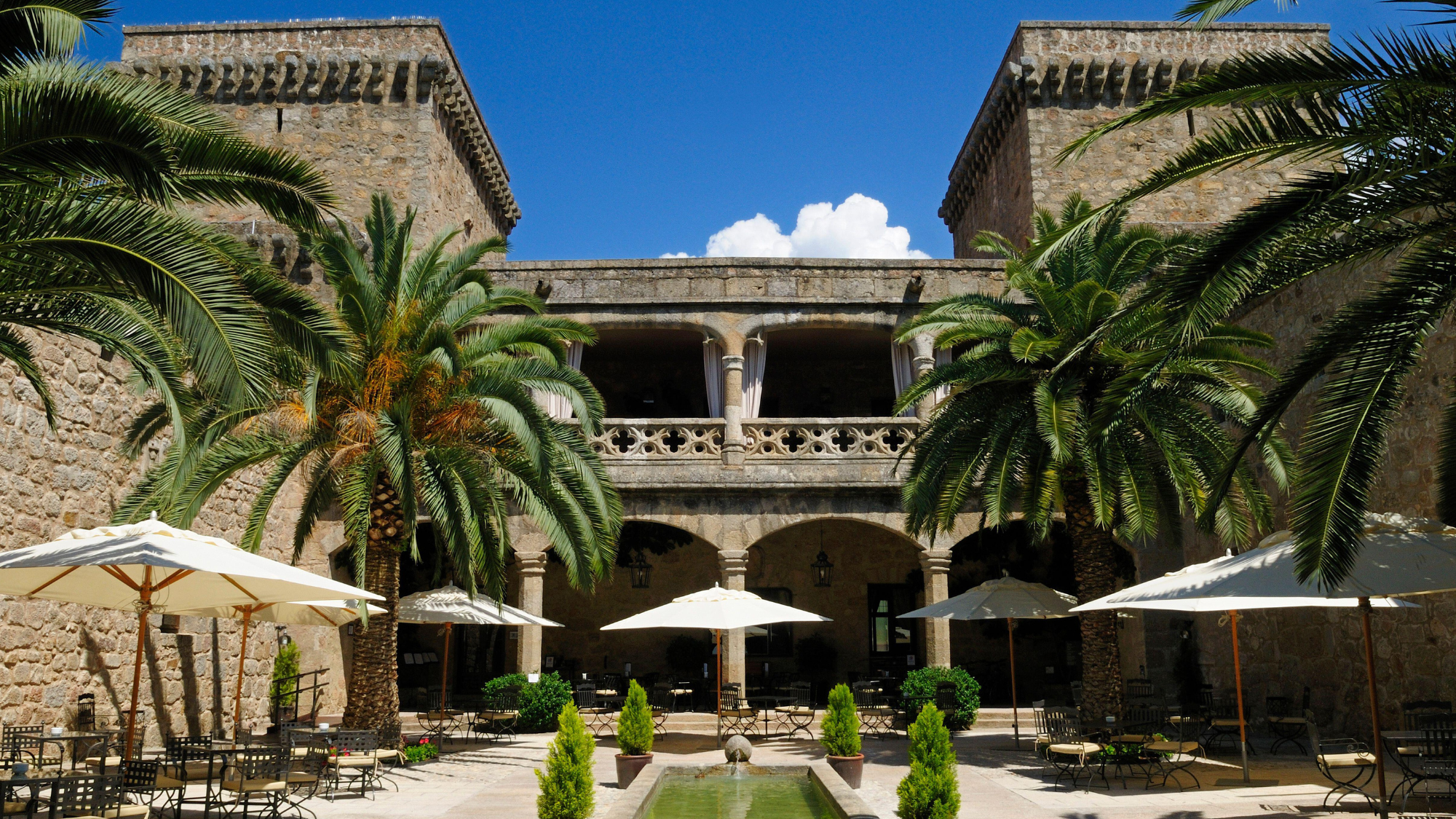The Marbella Club at 70
A repeat guest admires the famed Spanish retreat's remarkable staying power

Seventy years ago, the world changed – at least it did for the sybaritic elite that used to go by the name of Café Society but would soon be re-classified in the social taxonomy as the jet set: 1954 was the year that the Marbella Club opened.
The story had begun almost a decade earlier when, one chilly winter's day in 1946, Prince Max von Hohenlohe fired up his charcoal-burning Rolls-Royce Phantom and drove south from a 90-room palace just outside Madrid.
He was in search of the sun and his cousin Ricardo Soriano, Marqués de Ivanrey, a polymathic sports fisherman, inventor, powerboat racer and ladies' man, who was busy living what today we would call his best life on what is now the Costa del Sol.
The Week
Escape your echo chamber. Get the facts behind the news, plus analysis from multiple perspectives.

Sign up for The Week's Free Newsletters
From our morning news briefing to a weekly Good News Newsletter, get the best of The Week delivered directly to your inbox.
From our morning news briefing to a weekly Good News Newsletter, get the best of The Week delivered directly to your inbox.
Sadly, there was no mid-century Cervantes on hand to document this epic quest, so we have no idea how long it took, nor how much charcoal was consumed, but creation myths should not be troubled by such trivialities. When he arrived, he found that Soriano had gone fishing. So, he ate a picnic under the sun-dappled shade of a pine forest that ran down to the edge of the sea (some of the trees are still there).
The following year, he sent his son Prince Alfonso to buy the land where he had eaten his picnic. One thing led to another and, in 1954, Prince Alfonso von Hohenlohe welcomed his first guests to the Marbella Club Motel. The "motel" bit was soon dropped as the place filled up with the sort of people Alfonso bumped into at more conventional resorts like St. Moritz and Monaco.
The mood was one of happy improvisation, a sort of aristocratic Fawlty Towers art-directed by Slim Aarons. "People expect us to be Super Luxury; actually, we're not," Prince Alfonso once told Town & Country. Given that at that time, the popular idea of a luxury holiday, all dinner jackets and diamonds, was captured in the 1955 film "To Catch a Thief", the Marbella Club was different.
I like to tell people that barefoot luxury is nothing new, it just used to be called "the Marbella Club". Today, of course, expectations of hotels are somewhat higher than they were in the Marbella Club's early days of hip baths and headboards painted on the walls of monastically simple guest rooms. But even though it may move with the times – it now has its own Chanel store and Louis Vuitton boutique, and is shortly to open a Loewe – there is also a sui generis spirit of timelessness that pervades the place.
A free daily email with the biggest news stories of the day – and the best features from TheWeek.com
Past and present are allowed to coexist in a way that I have yet to experience elsewhere. I have been hanging around the Marbella Club for about 30 years, written two books about it, and would probably select it as my specialist topic on Mastermind.
Even so, it is hard to articulate the feeling I experienced during the 70th-anniversary gala weekend this summer. I had been asked to read extracts of my book about the hotel. Of course, normally I would refuse: it is the sort of thing you expect at a second-rate literary festival rather than a first-class resort.
But when the Marbella Club asks you to read, you ask, "How many pages?" What made me feel even more of a fraud than usual was that I was reading in front of a gathering of former members of staff.
Among those staff was nonagenarian nobleman Rudolf Graf von Schönburg, or Count Rudi as he is universally known, who joined the hotel as manager in 1957 and never left. Even now, he can be seen pottering about the club. It is as if he is the human incarnation of the low whitewashed bungalows punctuating the lush greenery of the gardens.
Count Rudi provides the thread of continuity that life in the mid-2020s so frequently lacks. He can unlock the stories within if not every blade of grass, certainly every tree and shrub, whether the lime trees planted for the Duke of Windsor to use in his Martinis, or the giant pines that shade the terrace of The Grill restaurant, which were transplanted as saplings from the beach. He has been here to record every new layer of meaning that successive generations of guests, owners and staff have left on the palimpsest of the hotel.
Today, high-end transnational hotel chains (an ugly but accurate term) deliver a pasteurised experience that is largely the same wherever you happen to be: standardised advertising, corporate slogans, logos, loyalty programmes and so on. The ceaseless movement of staff around the world compounds this nebulous sensation of perpetual indigence.
The Marbella Club, and other family-owned hotels, are different. They could only exist where they are. Adapted with Darwinian perfection to their surroundings, it is as if they cease to be man-made and become a part of the landscape.
You might have thought that I would have tired of the place, but instead I am drawn by its siren song and find it still has the power to salve the soul. In this instance, familiarity does not breed contempt but fosters an affection that deepens with every passing year.
And yes, I am very well aware of the irony that a hotel, an entity born out of transience, should be such a source of permanence.
Nick Foulkes is an author, historian and journalist. He is a Contributing Editor at HTSI and Vanity Fair, and a columnist for Country Life.
-
 ‘The Big Crunch’: why science is divided over the future of the universe
‘The Big Crunch’: why science is divided over the future of the universeThe Explainer New study upends the prevailing theory about dark matter and says it is weakening
-
 Quiz of The Week: 1 – 7 November
Quiz of The Week: 1 – 7 NovemberQuiz Have you been paying attention to The Week’s news?
-
 How to invest in the artificial intelligence boom
How to invest in the artificial intelligence boomThe Explainer Artificial intelligence is the biggest trend in technology, but there are fears that companies are overvalued
-
 Spaniards seeing red over bullfighting
Spaniards seeing red over bullfightingUnder the Radar Shock resignation of top matador is latest blow in culture war over tradition that increasingly divides Spain
-
 ‘Hypocrisy’ and ‘blackmail’: Ryanair’s feud with Spain
‘Hypocrisy’ and ‘blackmail’: Ryanair’s feud with SpainUnder the Radar Bitter row over rising fees sees the Irish budget airline slash a million seats on regional routes this winter
-
 Destination unknown: the exciting ins and outs of mystery travel
Destination unknown: the exciting ins and outs of mystery travelThe Week Recommends Surprise yourself the next time you vacation
-
 Spain's love of sunflower seeds is wrecking its football stadiums
Spain's love of sunflower seeds is wrecking its football stadiumsUnder the Radar One club controversially bans 'national vice' as discarded 'pipas' shells block drains and erode concrete
-
 The Supreme Court revives a family's quest to recover looted Nazi art
The Supreme Court revives a family's quest to recover looted Nazi artUnder the Radar The painting in question is currently in a Spanish museum
-
 How to celebrate New Year's Eve globally without leaving home
How to celebrate New Year's Eve globally without leaving homeThe Week Recommends Stock up on grapes and (safely) set a scarecrow on fire
-
 La Zambra Hotel: reviving the glamour of a Spanish icon
La Zambra Hotel: reviving the glamour of a Spanish iconThe Week Recommends The former Byblos hotel has a boutique feel with resort-level amenities
-
 Explore a timeless corner of Spain by bike
Explore a timeless corner of Spain by bikeThe Week Recommends Take a 'dawdling route through the back-country' far from the tourism hotspots